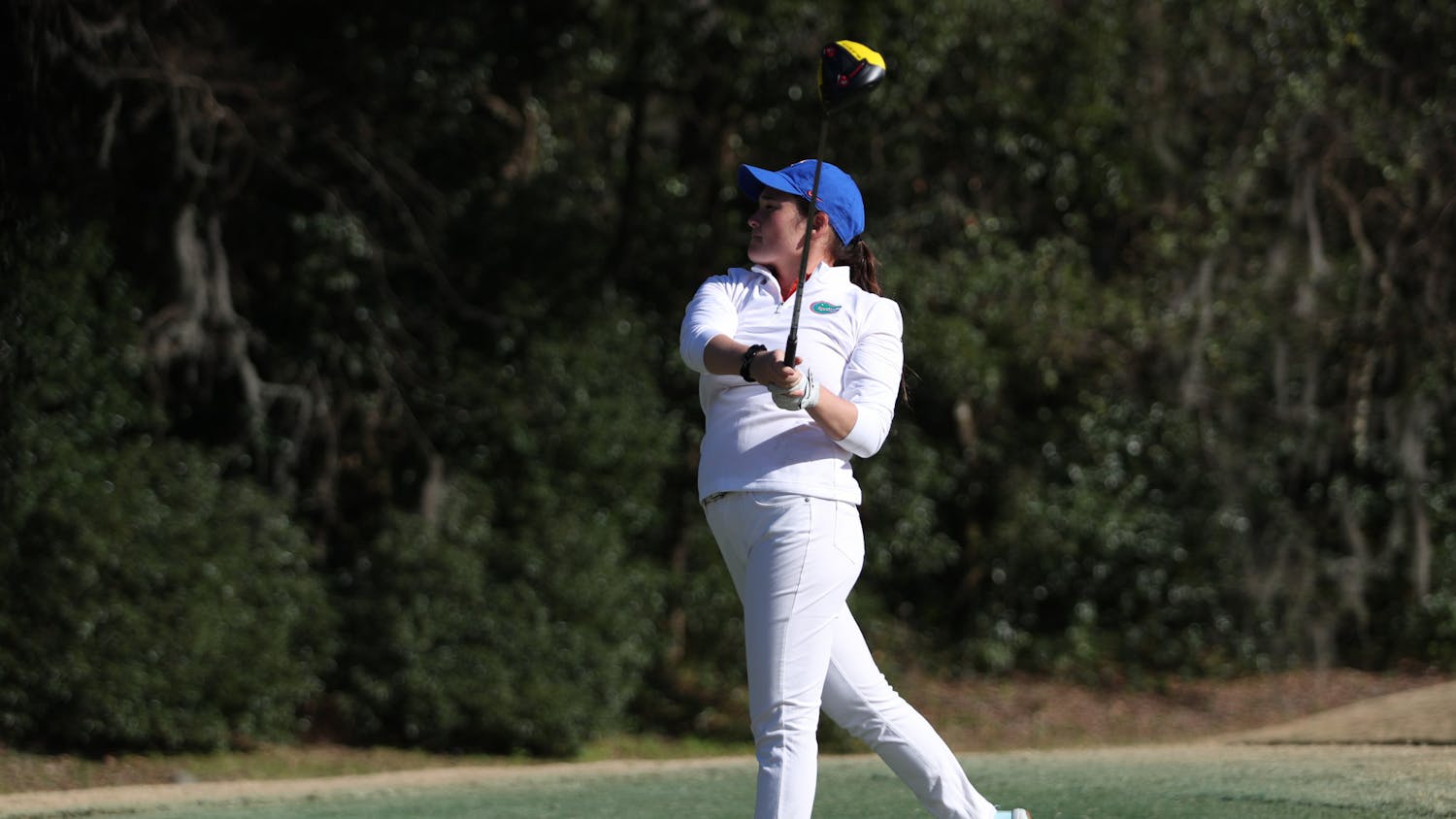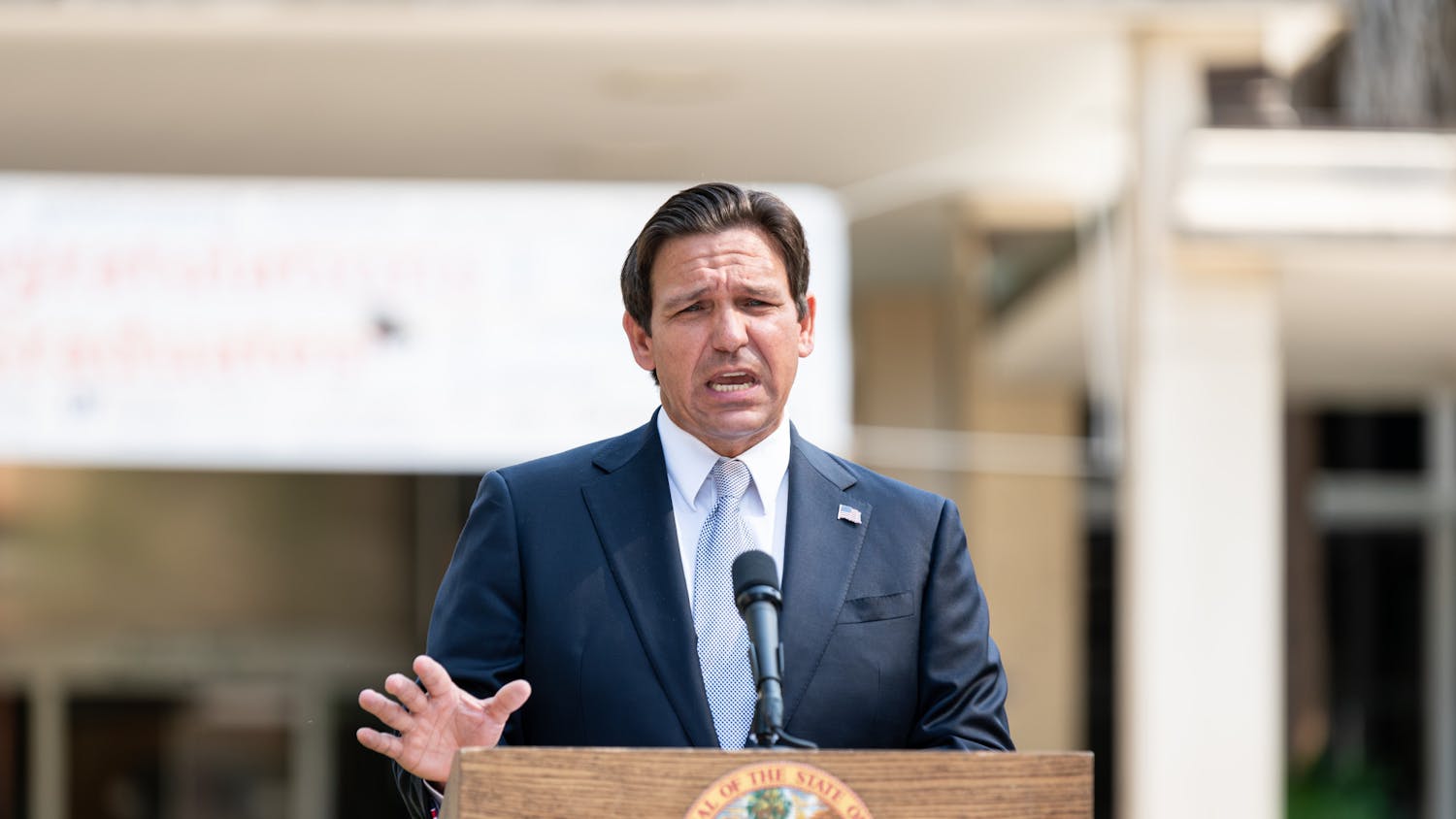Last week, Iran and Russia reached a historic agreement that allowed Russia to launch military strikes from Iranian bases in order to “fight terrorism” and continue propping up the Assad regime. Considering no foreign military has operated from Iran since World War II, this was a considerable step forward for Russia and, as I see it, a considerable step backward for the millions of Syrians on the ground who feel firsthand the brunt of Assad’s regime. A Russia more involved in Iran and Syria is bad for everyone.
Thankfully, however, the agreement proved to be short-lived. Iran revoked the agreement after Russia publicized it in, “a kind of show-off and ungentlemanly (attitude),” according to the Iranian defense minister, Brig. Gen. Hossein Dehghan. Although Iran’s foreign ministry spokesman told reporters in Tehran the tactical arrangement was only temporary, it appears Putin has a more long-term vision for Russia’s role in Iran. Frankly, after Crimea, Putin pushing the envelope too far shouldn’t surprise anyone.
Apparently Russia and Iran are not on the same page, and the reasons for this can be traced back through recent history. Since the Islamic Revolution in 1979, Iran has sought to increase its power in the region. Also since then, Iran’s influence has been felt in a number of countries including Lebanon, Syria, Iraq and Yemen, where the Iranian Revolutionary Guards Corps and Hezbollah are deeply involved in internal political and military conflicts. More importantly, the Iranian leadership has emphasized national sovereignty and independence from outside meddling, whether it be from the West, Russia or any other country.
In other words, Iran sees itself as a regional power. Furthermore, Iran has gone beyond region-mingling in Afghanistan and cooperating with al-Qaida. In recent years, Iran has even actively trained soldiers in Latin America who are sympathetic to the Islamic Republic.
Since Iran has projected an image of power, the fact that Iran allowed Russia to use its soil for military operations represents a major deviation. Therefore, Russia’s disclosure of its military operations from Iran projects an image of Iran as a client state rather than a true power. This source of embarrassment prompted Iran to terminate the agreement with Russia.
Now that Russia’s reemerged in the international arena, grabbed land in Crimea and assisted Assad, it views itself in confrontation with the West: surprise. In this political game, the traditional logic of international power competition is played out. Russia bragged about its operations from Iran in order to show muscle to the West and publicly display the fact that Russia is back in the Middle East.
But Russia’s attempt to show its teeth at the West by flaunting its special access has backfired, embarrassing both Russia and Iran. On the Iranian end, the misunderstanding between the two governments reflects its underestimation of Putin’s duplicity and his insatiable thirst for power.
Russia and Iran have a clear mutual interest: maintaining the authoritarian regime in Syria. Additionally, because many companies are still unwilling to do business with the Islamic Republic, Russia is a particularly crucial commercial partner. In 2014, the two countries signed a $20 billion energy deal.
While Russia would probably like to see a closer relationship between the two countries in order to expand its influence, Iran is saying, “Not so fast.” However, whether this an isolated incident or a premonition for future Iranian-Russian relations is still unclear. For the sake of the unfortunate subjects of Assad’s brutal regime, let us hope for the latter.
It is important for us as students and future leaders to pay close attention to the world beyond our borders. The crisis in Syria, which has led to the biggest humanitarian crisis of our time, raises some serious moral questions. What is America’s role in this messy and brutal conflict? Should we approach the increasingly competitive Russia as a friend and avoid confrontation, or is it time to renew a more aggressive Cold War approach?
Julian Fleischman is a UF political science and telecommunication senior. His column appears on Fridays.





